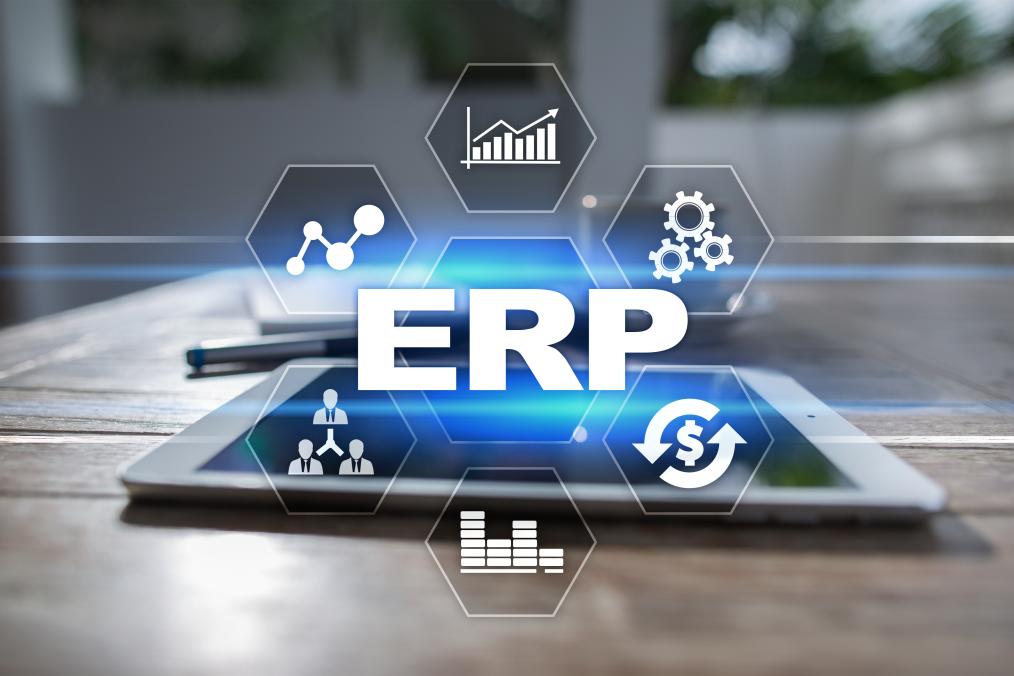
Here's why SMEs should look into Cloud Enterprise Resource Planning (ERP) for the future
Leveraging a cloud platform allows companies to access the system outside the workplace, at any time, from anywhere in the world.
The pandemic has propelled digital technology to take center stage for businesses. Yet despite this, many Small to Medium Enterprises (SMEs) are still reluctant to take the next step in digitising their operations. Some are unaware there are better alternatives to the manual use of spreadsheets and the siloed systems on which they’re likely running their businesses currently. Others are reluctant to discard their legacy systems already in place.
However, the past year has shown that the lack of using modern business tools may come at a cost. Many SMEs in Singapore have had to downsize their operations or even cease trading due to a challenging environment. How many of those could have avoided this if they had a single platform providing them with valuable business data and insights necessary to weather unexpected demands?
According to McKinsey's October 2020 survey, the pandemic sped the adoption of digital technologies by several years. The report added that businesses have hastened the digitisation of their customer and supply-chain interactions as well as their internal operations by three to four years. Moreover, the share of digital or digitally-enabled products in company portfolios has accelerated by seven years.
Sustaining a business through challenges and striving for growth means recognising the importance of technology in this evolving business and economic environment. Businesses also need to focus on tools that can offer financial resilience through innovation and automation. Those who are capable of adapting and making the necessary changes are more successful compared to reputable brands that continue to operate on outdated and rigid infrastructures.
"All companies should regularly review their current technology infrastructure and ask: Is our technology helping — or holding us back?" said Michelle Alphonso, CEO of PointStar Consulting, a cloud computing solutions consultancy company. “When outdated or inadequate systems are inefficient, muddy the data waters or can’t support changes the business wants to make, it’s time to look for a new solution. Other signs it’s time for a change: inaccurate data, a lack of integration among systems, high error rates and over-reliance on email and spreadsheets."
How cloud Enterprise Resource Planning (ERP) helps SMEs
At its core, a cloud ERP system is an application that automates business processes. It also provides insights and internal controls, drawing on a central database that collects inputs from all departments including accounting, manufacturing, supply chain, sales and marketing.
A cloud ERP system, like Oracle NetSuite collects and organises key business information and helps organisations run lean, efficient operations, even as they grow.
Leveraging a cloud platform allows companies to access the system outside the workplace, at any time, from anywhere in the world. This has never been more relevant than today, with businesses being forced to shift to remote work to adjust to the new normal.
“Thanks to cloud-based productivity and cloud ERP solutions like NetSuite, online marketplace Carousell was able to transition to remote working with zero changes to our daily workflow throughout the pandemic,” said Victor Neo, Engineering Director at Carousell.
"A cloud ERP system brings together the disparate entities in a business, providing unprecedented visibility of their processes in real-time,” added Michelle Alphonso of PointStar Consulting. In a highly disruptive business market, having your finger on the pulse is of utmost importance. Clear visibility allows SMEs to make critical business decisions faster, operate more efficiently and maintain a competitive edge.”

This was the case with fashion and wellness brand, Craftmark. Before moving to a cloud ERP platform, their sales, inventory and accounting data were updated manually, making it a tedious and time-consuming process that was also prone to human error. With contrasting systems and no real-time visibility due to working with spreadsheets, Craftmark engaged PointStar Consulting who recommended NetSuite that could give them a 360-degree view of their operation to improve efficiencies and help scale the business as they grow.
“One of the things that is attractive about NetSuite is the inventory management module,” said Adele Tan, director of the Craftmark Group. “After using this, we experienced the benefit of having real-time visibility into the stock situation and that our inventory data is up to date. And because we have so many points-of-sales, this is helpful for us as we could keep track of everything in real-time.”
Productivity Solutions Grant (PSG): Supporting SMEs and their digitisation efforts
SMEs that are on the road to digital transformation and are looking to upgrade to cloud ERP can avail of the Productivity Solutions Grant (PSG) offered by the Singapore Government.
The Productivity Solutions Grant (PSG) programme is a joint initiative by the Infocomm Media Development Authority (IMDA) and Enterprise Singapore. With an initial allocation of SGD$110 million over three years, the Singapore Government’s PSG supports the purchase of pre-approved productivity and technology solutions for SMEs across specific sectors. It also funds a selection of solutions used across most industries.
Under PSG’s help, SMEs can receive up to 80 percent in funding support when they adopt approved software and equipment.
Oracle NetSuite ERP is the pre-approved solution under the PSG program that covers specific industries including retail, manufacturing, wholesale trade, logistics, food, precision engineering, construction and landscaping.
PointStar Consulting’s strong team of consultants have successfully implemented Oracle NetSuite projects across various verticals with strong focus on Omnichannel retail, earning them the 5-Star Oracle NetSuite Partner award three years running.
Their list of clients in the ASEAN region includes Carousell, Craftmark and Union Book in Singapore, FashionValet and Carsome in Malaysia, Sefas Group, and Kartika Sari in Indonesia.
The PSG also supports broader solutions that impact a wide range of industries, such as customer relationship management, data analytics, financial management, inventory tracking, e-commerce, and online collaboration for better teamwork. Other grants such as the Enterprise Development Grant (EDG) are also available for custom solutions.























 Advertise
Advertise









